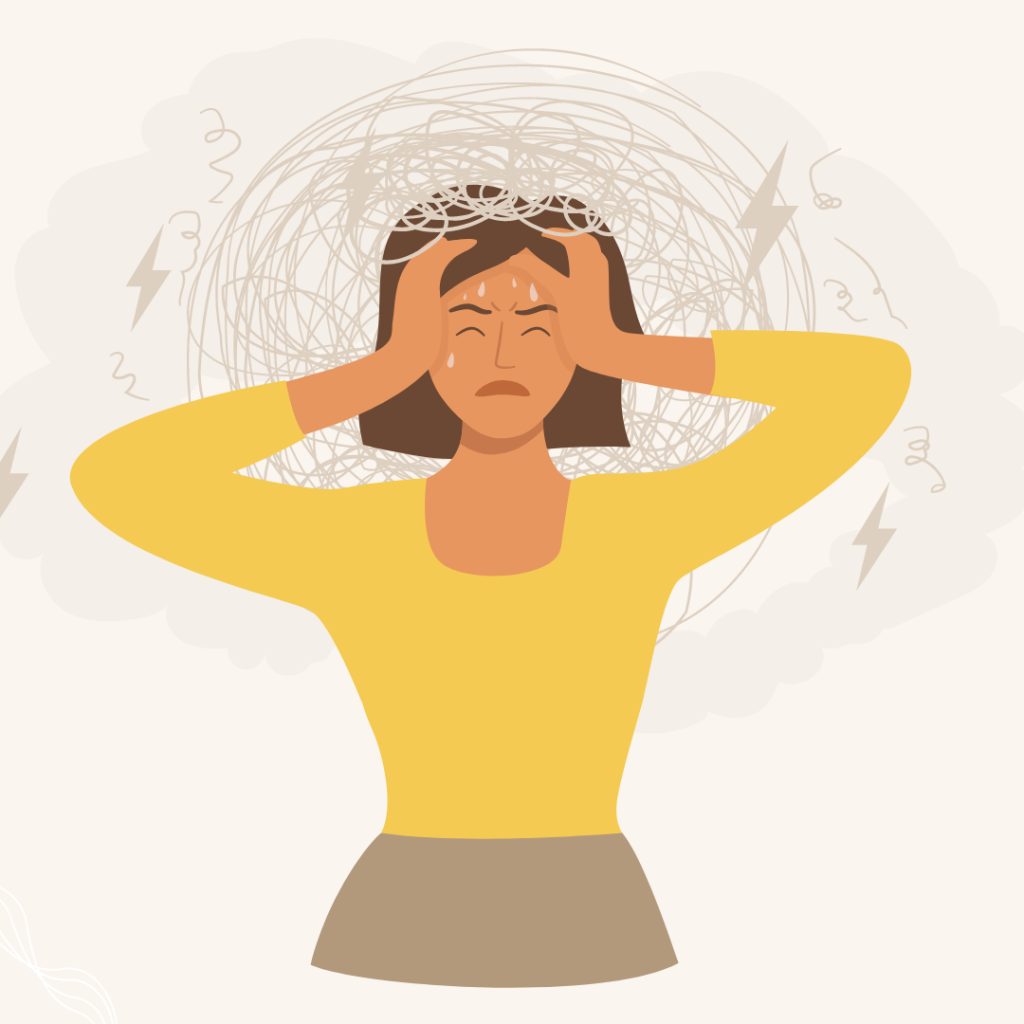
Why Mental Health Is Still Not Discussed in Nepal?
By: digitherapy Oct 05, 2024
In Nepal, mental health is a topic that people rarely discuss. Although awareness is growing around the world, conversations about our emotional well-being are still quite limited here. Why do we shy away from talking about these important issues? This blog will explore some of the reasons why mental health remains a hidden subject in Nepal and what we can do to bring it out into the open.
1. The Stigma Around Mental Health in Nepal
One of the biggest reasons people avoid talking about their emotional struggles is the stigma attached to it. In Nepal, there is still a strong belief that admitting you’re struggling emotionally means you’re weak. Many people worry about being judged by their family, friends, or community. This fear of judgment keeps many people from opening up about what they’re going through and stops them from asking for help. Because of this, conversations about mental well-being are often swept under the rug.
2. Lack of Mental Health Services in Nepal
It’s not just the stigma that keeps people quiet—there’s also a lack of services available. In rural areas, finding a qualified mental health professional can be nearly impossible. According to reports, there are only a handful of psychiatrists and psychologists for millions of people. Without professionals, or even basic mental care facilities nearby, many people don’t know where to turn when they’re struggling emotionally. This shortage of resources makes it easier to keep quiet about mental health challenges instead of seeking the support that’s needed.
3. Cultural Barriers and Traditional Beliefs
Our cultural beliefs play a big role in how we view mental well-being. Many still believe that emotional struggles are caused by spiritual forces or bad karma. This way of thinking makes it harder for people to accept that depression or anxiety, for example, are real issues that need medical attention. Instead, people often turn to spiritual healers, hoping to fix their emotional problems. This reliance on traditional methods keeps mental health discussions on the sidelines.
4. Limited Education
In Nepal, there’s not a lot of education about emotional well-being, especially in schools. Many people don’t know how to recognize the signs of emotional struggles, and they may not realize that it’s okay to seek help. Because this topic is rarely talked about, there’s a lack of understanding about how to deal with these issues. If we can educate people more, especially the younger generation, we might be able to start more open conversations.
5. The Role of Gender in Mental Health
Both men and women in Nepal face pressure to keep quiet about their emotional well-being. For women, society expects them to be strong for their families and to put others before themselves. This makes it harder for women to admit they need help. Men, on the other hand, are often told that they should not show vulnerability. From a young age, men are taught that expressing emotions is a sign of weakness, and that they should “man up” and handle their problems quietly. These gender roles make it hard for anyone, regardless of gender, to feel comfortable talking about what’s really going on inside.
6. Mental Health in Rural Nepal
People living in rural areas of Nepal face even bigger challenges when it comes to emotional well-being. Services are few and far between, and most people don’t have access to the right kind of help. Many turn to traditional healers instead of seeking professional care. While traditional practices have their place, they often aren’t enough to properly deal with serious emotional issues like depression or anxiety. This leaves many people in rural areas without the support they need, making it even more difficult to talk about their struggles.
Breaking the Silence
It’s clear that stigma, cultural beliefs, and a lack of services have kept mental well-being in the shadows for too long in Nepal. However, things are slowly starting to change. More people are becoming aware that emotional health is just as important as physical health. Starting conversations about it can help reduce the stigma and show people that it’s okay to seek support when they need it.
To really break the silence, we need more education and more resources. Schools should start teaching about emotional health, and communities should work together to make sure that there are services available for those who need help. When more people understand that struggling emotionally is normal and that it’s okay to talk about it, we can create a safer space for these important conversations.
Talking about our mental health in Nepal is still difficult, but it’s something that needs to change. Breaking the silence is important for everyone’s overall well-being. By raising awareness, increasing education, and providing more support services, we can create an environment where everyone feels safe talking about their emotional struggles. Let’s work together to bring mental well-being into the open and make it a priority in Nepal.
Related Tags
- No tags found.

Leave a Reply